The Top Three Things You Can Do To Unleash the Fountain of Youth

Human Growth Hormone (HGH) is probably the closest thing to The Fountain of Youth that we have. It is a hormone that delays the onset of aging. Read on as we explain what HGH is, how it works and what top three things you can do now to boost your HGH levels and unleash the Fountain of Youth!
** Please note: If you want the short summary version of this article with a video, then please click here **
What is Human Growth Hormone (HGH)?
Human Growth Hormone or HGH is a hormone that promotes growth. It is crucial for growth and development from childhood into adulthood. HGH levels are very high in children and then decrease with age, so adults have much less naturally-produced HGH (USADA, 2019). The main function of HGH is to promote postnatal growth (Lu M, 2019). The synthetic version of HGH is often used in people, usually children, with HGH deficiency (Harvard Medical School, 2018).
To Read About Blog Topic, Scroll Down
Want To Work With Our Clinic?
Do you have a chronic or mystery illness that no one has been able to help you with? Are you simply wanting to re-connect with a healthier version of yourself? It’s Time To Finally Feel Better!
- HGH induces bone growth and regulates metabolism and electrolyte balance (Lu M, 2019).
- It decreases body fat, maintains muscle mass and strength (Lu M, 2019).
- HGH affects the immune system, cardiovascular system, central nervous system and aging (Lu M, 2019).
- It indirectly helps to maintain, build and repair healthy tissue in the brain and other organs (USADA, 2019).
- Abnormal HGH levels can negatively impact multiple tissues and organs (Lu M, 2019).
- Its use in adults with HGH deficiency results in reduced body fat, increased lean body mass and increased fitness and strength (Heuberger JAA, 2018).
Insulin like growth factor (IGF-1)
HGH stimulates the release and promotes the synthesis of another hormone, called IGF-1 or Insulin like growth factor. HGH causes the release of IGF-1 from the liver and this is how it helps to build muscle (USADA, 2019). IGF-1 is a peptide hormone naturally produced in the body, whose primary role is to increase cellular division, cell growth and cell repair. IGF-1 stimulates the growth of bones, muscle and other tissues (USADA, 2019).
The benefits of HGH include:
- Wound healing and lower inflammation (Granata, 2016). It modulates the inflammatory response by interacting with immune cells (Berlanga-Acosta J, 2017).
- Supports bone growth by inhibiting cell death and atrophy in skeletal muscle cells (Granata, 2016).
- Decreased inflammation after a heart attack, healing and remodeling of cardiac tissue by regulating pathways involved in fibrosis, apoptosis and cardiac repair (Kanashiro-Takeuchi RM, 2015).
- HGH is cytoprotective in cardiac, neuronal, gastrointestinal and liver cells, providing protection in various organs (Berlanga-Acosta J, 2017). The cytoprotective influence is due to reducing inflammation and preventing cell death in the form of necrosis and/or apoptosis (Berlanga-Acosta J, 2017).
- In postmenopausal women, it increases physical performance, improves body composition by reducing abdominal visceral fat (which is the unhealthy belly fat) and improves physical performance (Veldhuis JD, 2005).
- HGH enhances athletic performance through increasing growth, development and muscle strength (Maréchal L, 2018).
How is HGH increased?
HGH release is regulated by various hormones, including GHRH (growth hormone-releasing hormone), somatostatin, ghrelin, thyroid hormones, leptin, androgens and estrogen (Lu M, 2019).
HGH can be increased naturally. Key factors in HGH production are nutrition, exercise, body composition and deep sleep (Lu M, 2019). HGH can be increased with a synthetic supplement.
We can implement peptide and other therapies in our Medicine with Heart clinic, to help you increase HGH levels. Book a free 15-min discovery call with us today, to see how we can help you with aging.
Risks of HGH treatment?
HGH treatment can cause side effects (Mayo Clinic, 2020):
- Carpal tunnel syndrome
- Increased insulin resistance
- Type 2 diabetes: HGH blocks the action of insulin (Lu M, 2019). It increases glucose production in the liver and kidney and suppresses glucose uptake in adipose tissue (Lu M, 2019).
- Swelling or edema in the arms and legs
- Joint and muscle pain
- For men, enlargement of breast tissue
- Increased risk of certain cancers
However, serious side effects are rare (Toft, 2016). Swelling, numbness and joint /muscle aches /pains are the most common side effects (Toft, 2016). These are typically a result of a low-frequency, high-dose schedule, and go away with a decrease of the dose (Vance ML, 1999).
People with tumors or cancer, multiple injuries from a trauma, or severe breathing problems should not take HGH (Toft, 2016).
Cancer Risk (Lu M, 2019):
- HGH can contribute to multiple cancer types, particularly breast, colon and endometrial cancer (Lu M, 2019).
- It speeds up tumor progression by affecting both cancerous and non-cancerous cell behavior within the tumor environment (Lu M, 2019).
- It can promote cell survival and proliferation, migration and invasion, and promotes tumor angiogenesis (the growth of new blood vessels that supports tumor survival and growth).
- This reaction can occur in different tumor types, including breast, endometrial, liver cell carcinomas, lung cancer, melanoma, prostate cancer and colon cancer.
- This results from altered genes associated with cancer progression. HGH may act as a tumor promoter by suppressing certain genes and regulating certain cell receptors that promote cancer progression (Lu M, 2019).
Although scarce, available data on the cancer risk does not suggest that HGH therapy in people with growth hormone deficiency increases the risk of cancer, provided that IGF-1 levels remain with the normal range (DaSilva Institute, 2020).
The use of HGH for anti-aging is not FDA-approved. It is possible to get synthetic HGH from doctors who prescribe it for off-label purposes (uses for which it was not approved by the FDA) and through Internet pharmacies, anti-aging clinics and various websites.
The Safest Ways to Boost HGH Levels are Natural:
HGH production and secretion declines with age. It is also lower in cases of obesity (Godfrey RJ, 2003). Things that lower HGH secretion are age, gender, body composition, regional distribution of fat and in particular abdominal visceral fat, lack of sleep, poor nutrition, sedentary lifestyle and serum concentrations of gonadal steroids, insulin and IGF-I (Weltman A, 2003). A number of stimuli can initiate HGH secretion. The most powerful, non-pharmacological ones are sleep and exercise (Godfrey RJ, 2003). Increasing endogenous, natural HGH secretion through exercise, sleep, calorie restriction and other methods may contribute to healthy aging.
You can avoid external HGH supplementation and increase HGH naturally. By following the lifestyle and diet tips below, you will enhance HGH and benefit with better health and longevity.
Read on to find out how….
Top Three Things to Increase HGH, Health & Longevity!
Exercise:
The number one way to increase HGH naturally is exercise. Increased physical fitness and regular training increases HGH production in adults and alters the reduced HGH response to exercise that happens with age (Lanfranco F G. L., 2014). Exercise can increase HGH levels by 300-500% (Kanaley, 2008).
In one study, HGH concentrations were significantly increased 10 minutes post HIIT (high intensity interval training) exercise (Wahl P, 2010). Endurance training showed less significant effects on HGH (Wahl P, 2010).
One study looked at the effects of exercise on insulin-like growth factor-1 (IGF-1) and HGH in female soccer players and found that exercise caused a significant increase in HGH levels (Janikowska G, 2020).
Both aerobic and resistance exercise result in significant, acute increases in HGH secretion regardless of age or gender (Wideman L, 2002). Intensity and duration of acute exercise, fitness and training state all influence the HGH response (Weltman A, 2003).
Age does have an impact. The magnitude of HGH release is reduced by 4-7-fold in older people compared with younger people (Wideman L, 2002). But it is never too late to get started or ramp up your exercise and fitness program. Starting today is always better than waiting, despite your age, current fitness level or other perceived impediments.
Sleep:
Sleep is one of the strongest ways to secrete more HGH (Godfrey RJ, 2003). The night time increase in human growth hormone is largely sleep-dependent (Davidson JR, 1991). During sleep at night, the body produces different hormones and these follow the circadian rhythm (or sleep /wake cycle) of the body (Morris CJ, 2012).
There is a consistent linear relationship between slow-wave (SW) sleep and increased HGH secretion (Van Cauter E, 2000). Slow wave sleep is the deepest phase of non-rapid eye movement (NREM) sleep. During ageing, SW sleep and HGH secretion decrease significantly (Van Cauter E, 2000). Inadequate amounts of sleep, and in particular slow wave deep sleep, inhibits HGH production (Van Cauter E, 2000). Getting enough deep sleep, especially as you age, is very important for adequate HGH production, not to mention for overall health! Get in touch with us today if you experience difficulty with sleep.
Diet:
There are a number of diet-related actions to take to increase HGH:
Reduce sugar: It is important to manage insulin and blood sugar regulation for the production of HGH. Insulin inhibits HGH release in healthy people (Lanzi R, 1999). So, the higher your insulin levels, the less HGH will be produced. This will hold true for insulin resistance as well, when the cells become ‘resistant to’ and ‘don’t see’ insulin as effectively as insulin sensitive cells do. Insulin resistance, or hyperinsulinemia, is a major factor in the reduced HGH release associated with obesity (Lanzi R, 1999).
The best way to manage your blood sugar and keep insulin at healthy levels is to avoid too much sugar in the diet. This means avoiding all added sugar, cakes, cookies, candy, refined (white) carbs such as white bread, pasta, desserts, sugary soda drinks, etc. As we have said in many of our blogs, focus on an anti-inflammatory blood-sugar balancing type of diet. Good templates to follow include the Paleo diet or the gluten-free Mediterranean diet.
Intermittent fasting: Nutritional status is an important determinant of HGH secretion (Ho KY, 1988). Fasting (i.e., calorie restriction) can induce higher HGH production (Ho KY, 1988). In one study, a 5 day fast resulted in a significant increase in HGH production and concentration (Ho KY, 1988). A more recent trial conducted two fasting studies on over 200 individuals (Intermountain Medical Center, 2011). During the 24-hour fasting periods, HGH increased an average of 1,300 percent in women, and nearly 2,000 percent in men (Intermountain Medical Center, 2011).
Specific Foods:
In addition to fasting and reducing your sugar intake, there are some specific foods that increase HGH:
Vitamin D foods: Eating vitamin D foods will help to boost your HGH level. Higher HGH stimulates the liver to produce IGF-1 (USADA, 2019). Vitamin D also increases circulating IGF1 (Ameri P, 2013). One study found that 5000 – 7000 IU of vitamin D3 per week significantly raised both vitamin D and IGF1 levels (Ameri P, 2013). This improved vitamin D status benefits people with a deficiency in HGH (Ameri P, 2013).
Vitamin D foods include fatty fish, seafood, mushrooms and egg yolks. Other ways to get vitamin D include spending time in sunlight or taking a vitamin D supplement.
Arginine foods: Studies show that HGH increases with a dose range of 5-9 g of arginine taken orally (Kanaley, 2008). Arginine alone increases the resting growth hormone levels at least 100% (Kanaley, 2008).
Arginine is an amino acid and is found in nuts and seeds and meat, especially turkey and chicken.
Melatonin foods: A 50 mg dose of melatonin decreases the time lapse between sleep onset and deep sleep and enhances peak secretion of HGH during slow-wave sleep (Cramer H, 1976). In a more recent study, melatonin in healthy males increased HGH release and overall levels (Valcavi R, 1993).
Foods that are rich in melatonin are tart cherries, raspberries, goji berries, almonds and walnuts.
Glutamine foods: Glutamine raises growth hormone levels (Welbourne, 1995). One study found that serum HGH concentration was higher 90 minutes after taking glutamine (Welbourne, 1995).
Glutamine is an amino acid found in meat, especially chicken, fish, cabbage and beans.
Lose weight and address insulin resistance: Hyperinsulinemia (or excessively high levels of insulin) is a major factor in reduced HGH levels and is associated with overweight and obesity (Lanzi R, 1999). Obesity and hyperinsulinemia blunt the release of HGH, leading to lower HGH levels (Lanzi R, 1999). In both obese and normal study participants, the HGH response is closely related to insulin levels (Lanzi R, 1999). One study found that the HGH response is lower in obese subjects versus normal-weight participants (Lanzi R, 1999). If you are overweight or obese, losing weight will help to increase your HGH levels. Get in touch with our clinic, if you’d like assistance in getting to a healthy weight.
Other things to consider
Liver detox: It might help to do a liver detox program as HGH and IGF-1 are produced primarily by the liver. Get in touch with our clinic today if you would like help with a liver detox program.
Supplements like arginine, D, melatonin and others can also help to raise HGH, if you can’t get a sufficient amount of these nutrients from your diet.
What decreases HGH production?
The Top HGH Killers:
- Alcohol reduces serum HGH levels and can cause a prolonged and severe decrease in HGH (Bianco A, 2014). In addition, alcohol disturbs sleep and slow wave deep sleep. This is the prime time when HGH is produced. Alcohol also disrupts blood sugar levels which can affect and dysregulate HGH production.
- Sugar inhibits HGH release (Hage M, 2019). Sugar increases insulin and the higher your insulin levels, the less HGH will be produced (Lanzi R, 1999). We want to keep blood sugar tightly controlled in the healthy range and avoid extreme highs or lows in either blood sugar or insulin levels. This is the best way to manage blood sugar and optimize HGH production. Sugar is detrimental to health in so many other ways so we always advise patients to avoid sugar as much as possible.
- Caffeine: Watch your caffeine intake. Try to keep it to a low level so as not to disturb your sleep. Excess caffeine or caffeine too late in the day can disrupt deep sleep and the circadian rhythm. This is the prime time for the body to produce HGH so too much caffeine will impair HGH levels.
Are You Suffering From A Chronic Illness?
Does your current health situation look like this…
- Do you feel that you have tried many things and either nothing works, or the treatment does not hold?
- Have you been told that there is nothing that can be done to reverse your illness and you just need to manage symptoms?
- Does your illness impact your work, your family, your happiness and your social life?
We specialize in finding answers and solutions for complicated chronic illness when people feel like they have tried everything. If this sounds like you, book a free call with us to see if we are the right fit for your health goals.
Dr. Miles has spoken for the following organizations:
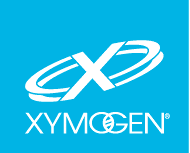
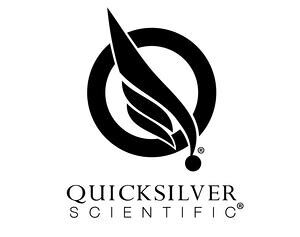


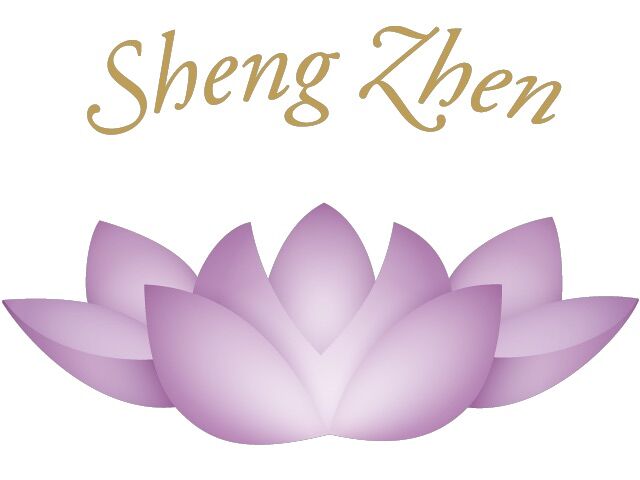
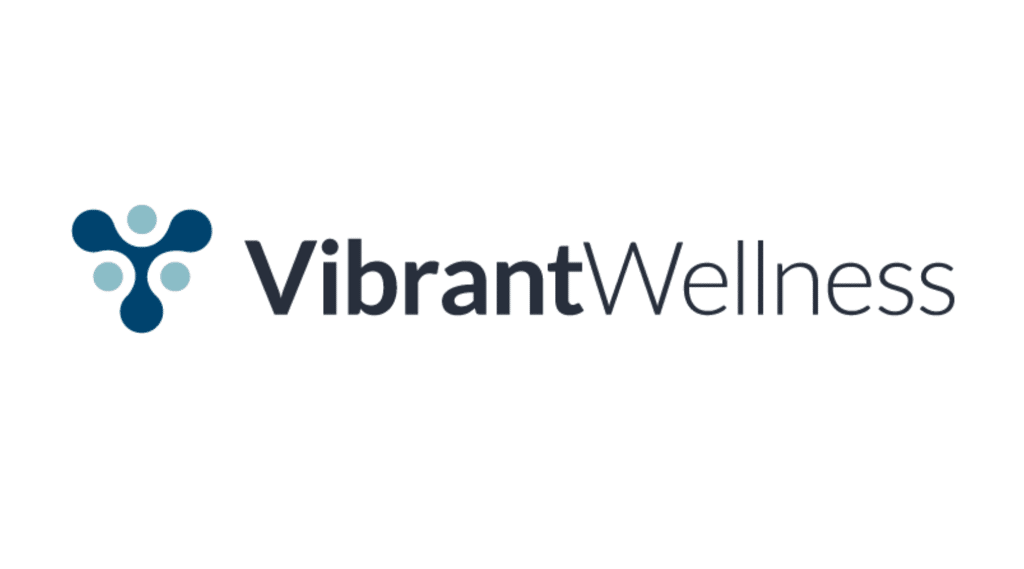


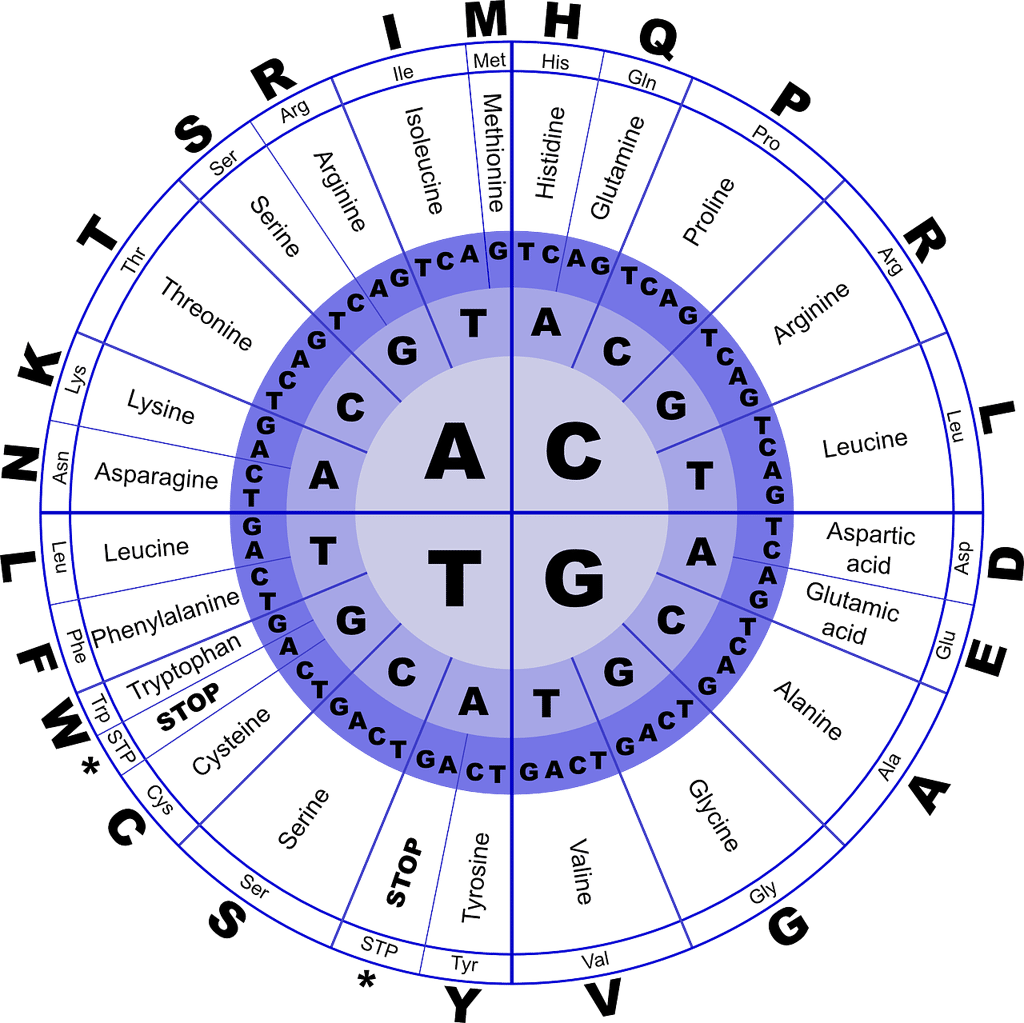

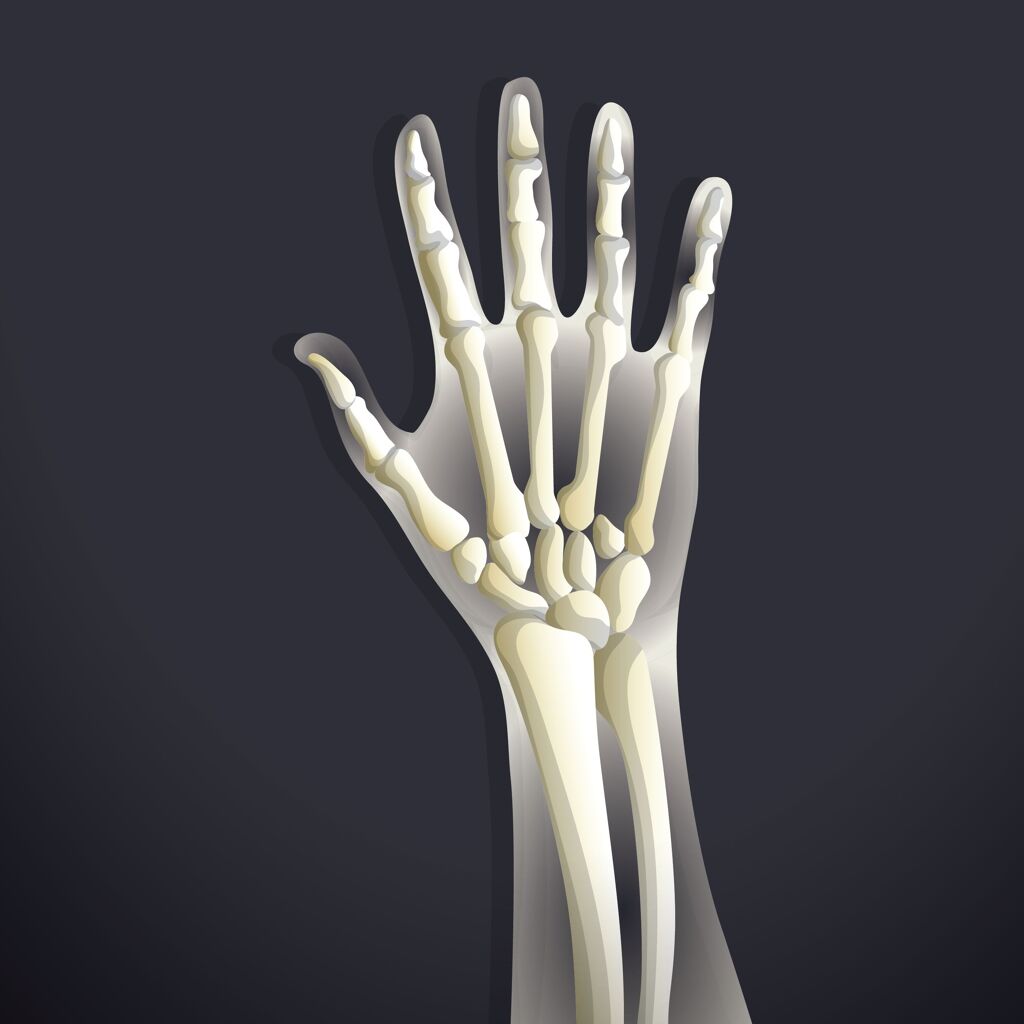

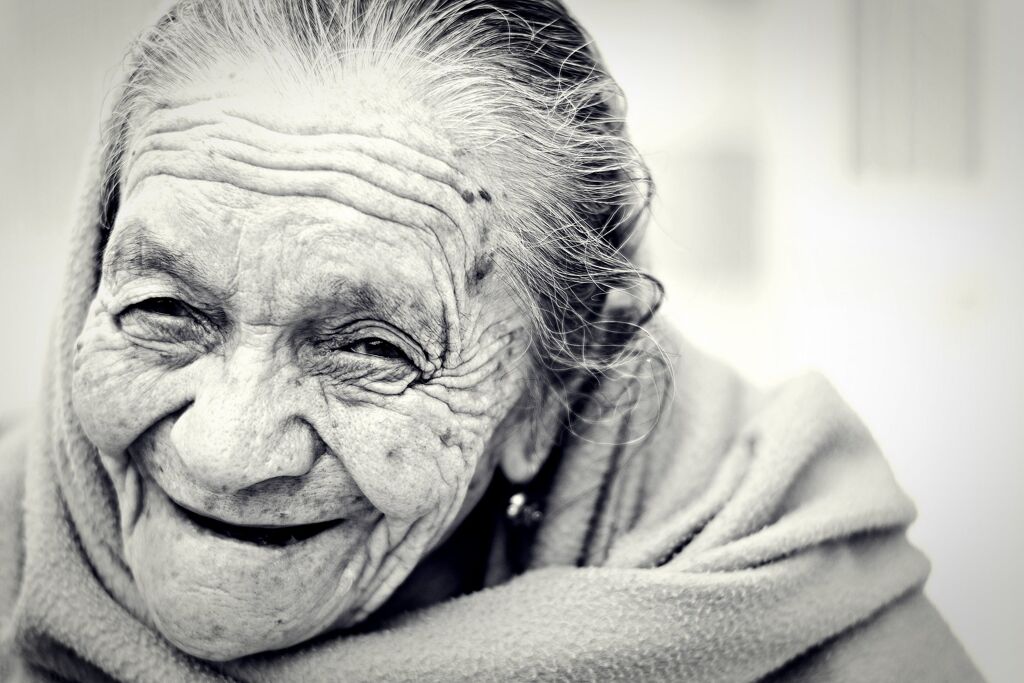
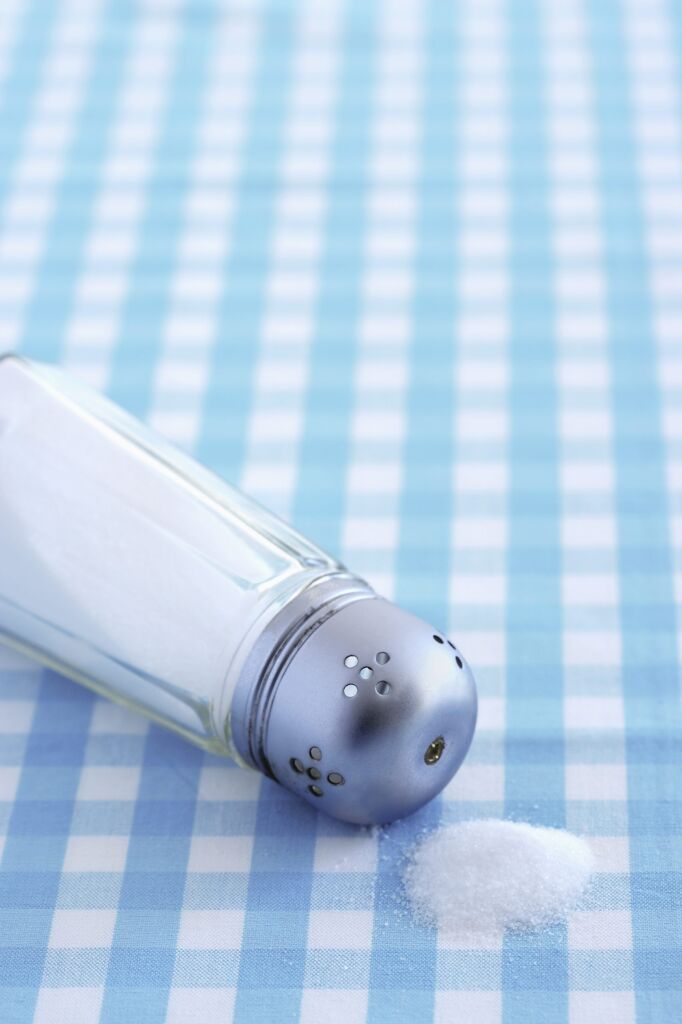

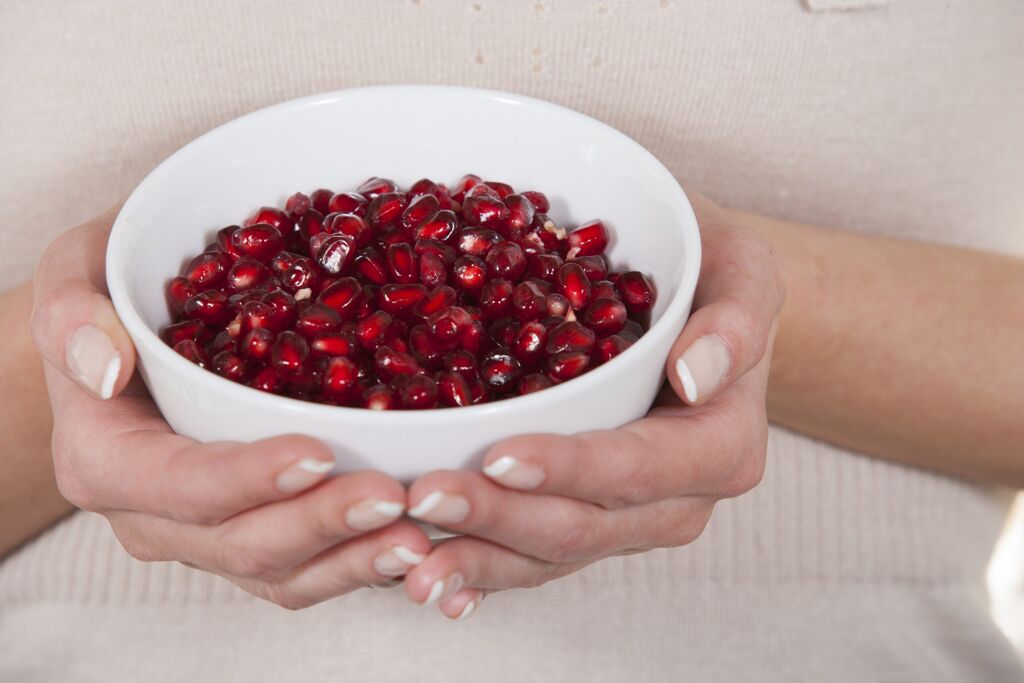
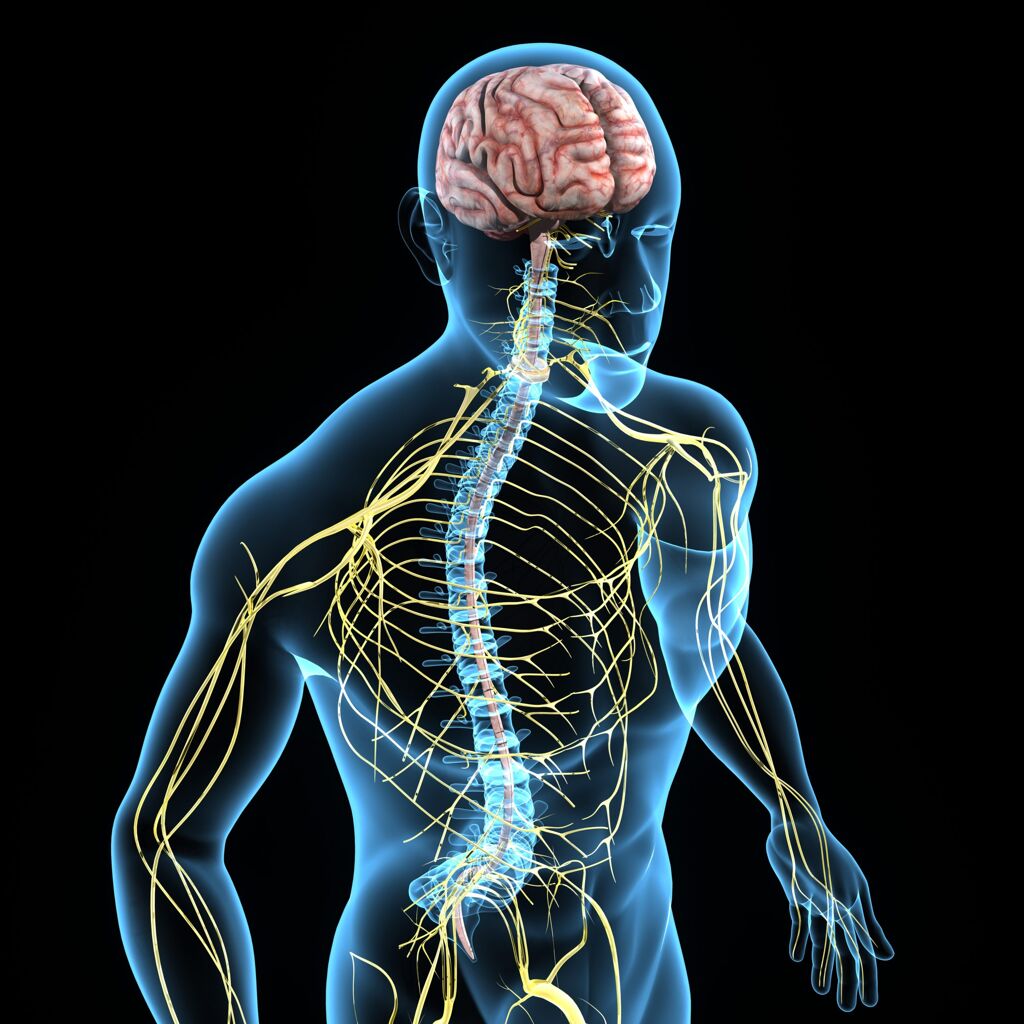
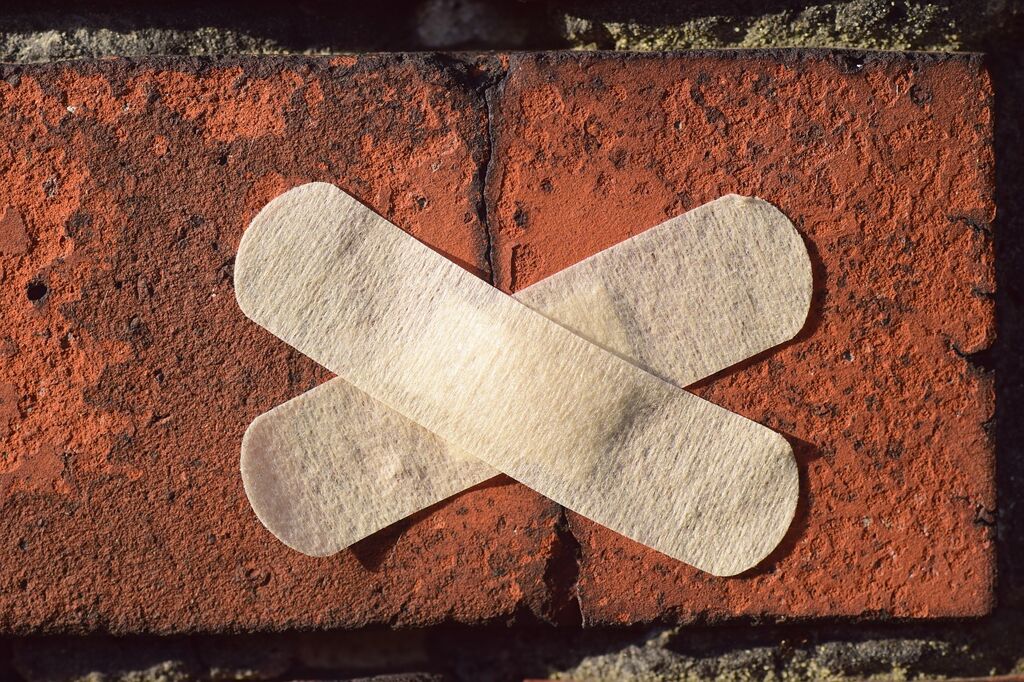
Responses